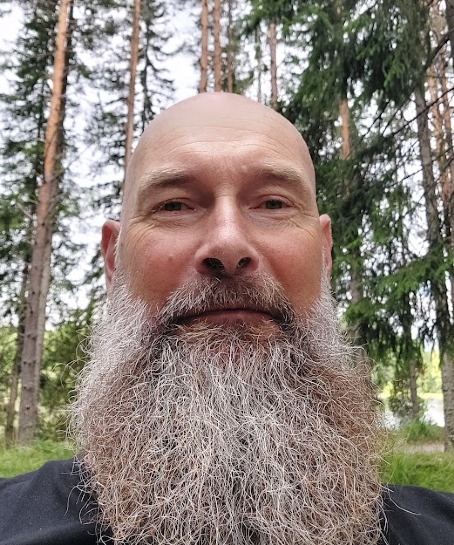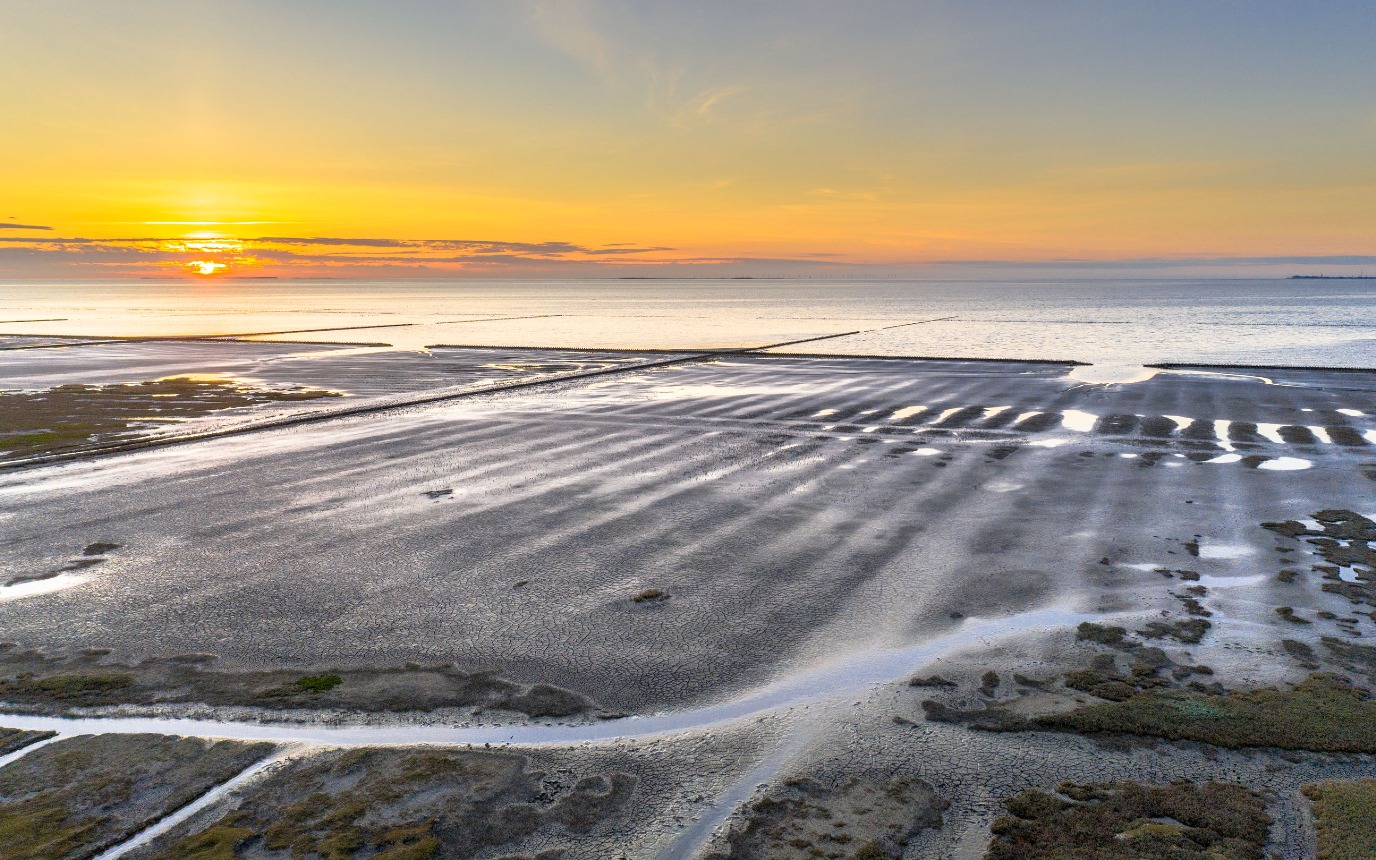2.9 million for sustainable management salt marshes Wadden Sea
The Netherlands and Germany have invested 15 million euros in five research projects that will study the relation between sediment, ecology, human co-use, flood safety and effective protection and management in the Wadden Sea. Researchers of the Groningen Institute for Evolutionary Life Sciences (GELIFES, Science and Engineering, UG) are involved in two of the five projects.
TRICMA2: Triple crisis meets trilateral cooperation - Effects of biodiversity loss, climate change and pollution on salt marshes & pathways to their sutainable management
Prof. Chris Smit (GELIFES), together with Prof. Kai Jensen (University of Hamburg), has been awarded an NWA grant of 2.9 million euros for research that will contribute to sustainable management of the salt marshes of the Wadden Sea. The consortium that will work on the research project consists of scientists from the Netherlands, Germany and Denmark.

Of the total amount, 1 million euros will go to the Dutch partners, of which Smit is the coordinator. The project is being conducted as part of the Netherlands Science Agenda (Nationale Wetenschapsagenda, NWA) and is funded by the German federal and Dutch governments and the Netherlands Organization for Scientific Research (NWO).
Strategies for sustainable conservation
In this project, the researchers will develop strategies for the sustainable management of the salt marshes of the Wadden Sea. They will analyze the effects of existing risks in Denmark, Germany and the Netherlands through lab studies and fieldwork. This will involve collaboration with stakeholders from nature management, coastal protection, agriculture and tourism. Dutch cooperation partners are Staatsbosbeheer, Natuurmonumenten and the municipality of Schiermonnikoog.
About salt marshes of the Wadden Sea
The salt marshes of the Wadden Sea are among the last untouched ecosystems in northwestern Europe. They are not only indispensable feeding grounds for millions of birds but also have an important role in coastal protection. Due to biodiversity loss and pollution on the salt marshes and climate change, there is an urgent need for action perspectives to safeguard this exceptionally valuable nature for the future.

Involving future generations
The project also aims to draw the attention of future generations to the ecological pressure on Wadden Sea ecosystems. This will be done through joint activities of scientists with secondary school students.
Consortium partners
Dutch consortium partners are Deltares, Delft University of Technology and Van Hall Larenstein University of Applied Sciences. From Germany, researchers from the University of Hamburg, University of Münster, University of Kiel and the Alfred Wegener Institute are involved. Aarhus University is the Danish partner.
SedWay: Safeguarding the natural sedimentary processes in the Wadden Sea for biodiversity and people
Prof. Tjisse van der Heide (NIOZ/GELIFES), and prof. Bernd Siebenhüner (Carl von Ossietzky University Oldenburg) are the main applicants of this project that will deliver a co-designed Decision Support System for rapid identification of threats and restoration opportunities. The consortium that will work on the project consists of scientists from the Netherlands and Germany.
Maintaining a natural Waddensea
The natural interplay between water, sediment and landscape-building species such as mussels, seagrasses and salt marsh plants is vital for maintaining natural functions and their associated ecosystem services in the Wadden Sea. Human perturbations, however, increasingly interfere these natural dynamics. Warranting the future conservation of essential functions and services will require (1) better integration of the interactions between sediment dynamics and landscape-building species, and (2) a shared trilateral perception of what a natural Wadden Sea encompasses.
Decision Support System
Using a socio-ecological approach, SedWay will deliver a co-designed Decision Support System for rapid identification of threats and restoration opportunities.
Consortium partners
Dutch consortium partners are the University of Groningen, Deltares and HZ University of Applied Sciences. From Germany, researchers from the University of Oldenburg and the Lower Saxon Wadden Sea National Park Authority are involved.
More news
-
15 September 2025
Successful visit to the UG by Rector of Institut Teknologi Bandung
